Safe Education Data Portal
The Safe Education Data Portal has a vision that conflict and insecurity are no reasons to deprive individuals and communities of their right to safe, equitable quality education. We believe that open source verifiable timely data on Attacks on Education and Education in Emergencies is a global public good. This data should be user friendly and freely accessible to the public for advocacy and accountability as well as prevention, response and planning. Our goal is to make accurate education and conflict related data, evidence and analysis available to all – to protect the right to education, prevent further conflict and to ensure that post conflict societies can harness the power of education to build sustainable peace.
Yet, timely verifiable data and evidence about attacks on education and the impact of conflict on education is not widely accessible or shared in ways that support education stakeholders at different levels to protect the right to education in conflict.
There is a need to strengthen institutional connections and knowledge sharing between humanitarian, development actors, data sciences as well as researchers and journalists. Key decision-makers in governmental bodies, the UN and NGOs as well as civil society, young people and conflict affected communities should be fully engaged at all stages so that they can shape the data. Including conflict affected communities in the collection of data on attacks on their education is crucial – it recognizes the agency of victims; it challenges stereotypes; and it allows conflict affected communities to advocate for their own right to education and call for justice.
Behind the Portal
The vision for developing a portal that allows data on attacks on education to be made available as a global public good dates back to 2009, when a group of passionate individuals and organizations met at a conference at UNESCO HQ to tackle the growing problem of attacks on education. In the same year, EAA Foundation’s PEIC programme –Protect Education In Insecurity and Conflict– was founded. One of its central pillars was a commitment to making available timely accurate data evidence and analysis on attacks on education as a cornerstone of protection of the right to education for conflict affected communities.
In 2019, to mark PEIC’s 10 year anniversary, EAA originated and launched the idea of a data portal that would harness the power of humanitarian technology to collect, visualize, analyse data on attacks on education as a global public good. Since then, the following organizations have worked in close partnership to make this portal a reality.
Next steps
Starting in 2023, and to provide for timely and reliable data, TRACE Data Portal will partner with key stakeholders with presence in the field and use its own KoboToolbox server to securely collect and verify primary data about attacks on education on the ground.
KoboToolbox is award-winning software used by organizations in the humanitarian, development, human rights, and education sectors around the world to collect evidence in challenging environments.
A custom version to securely collect data on attacks on education was created for the TRACE Data Portal. This will be essential for collecting confidential data on the ground and to verify the information before adding it to the public website. Data collectors working in conflict-affected countries will use KoboToolbox to rapidly and reliably collect evidence in the field in multiple languages using a smartphone app, even in places where no internet or power are available.
Professionally-trained staff will then review and verify submitted data within a web application that sends the verified data directly to the portal for storage and visualization. In this fashion, the cycle to collect, verify, analyze, and share new evidence will be as short as possible. At all stages, key ethical and safety concerns will be addressed. In particular, the confidentiality of the source of information, the security of informants and staff members and neutrality will be ensured.






